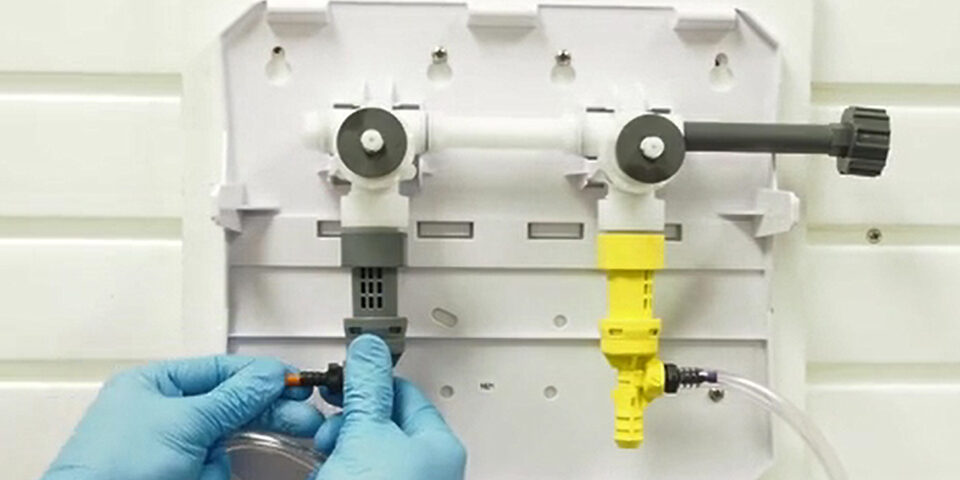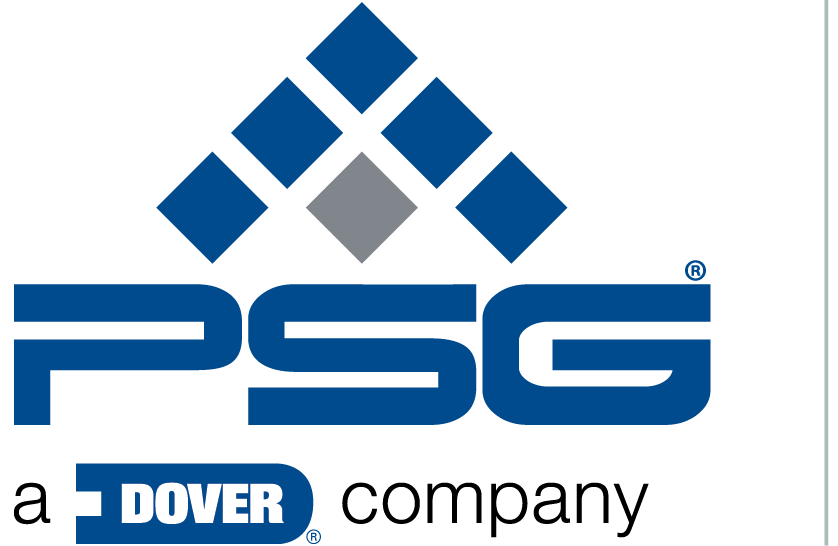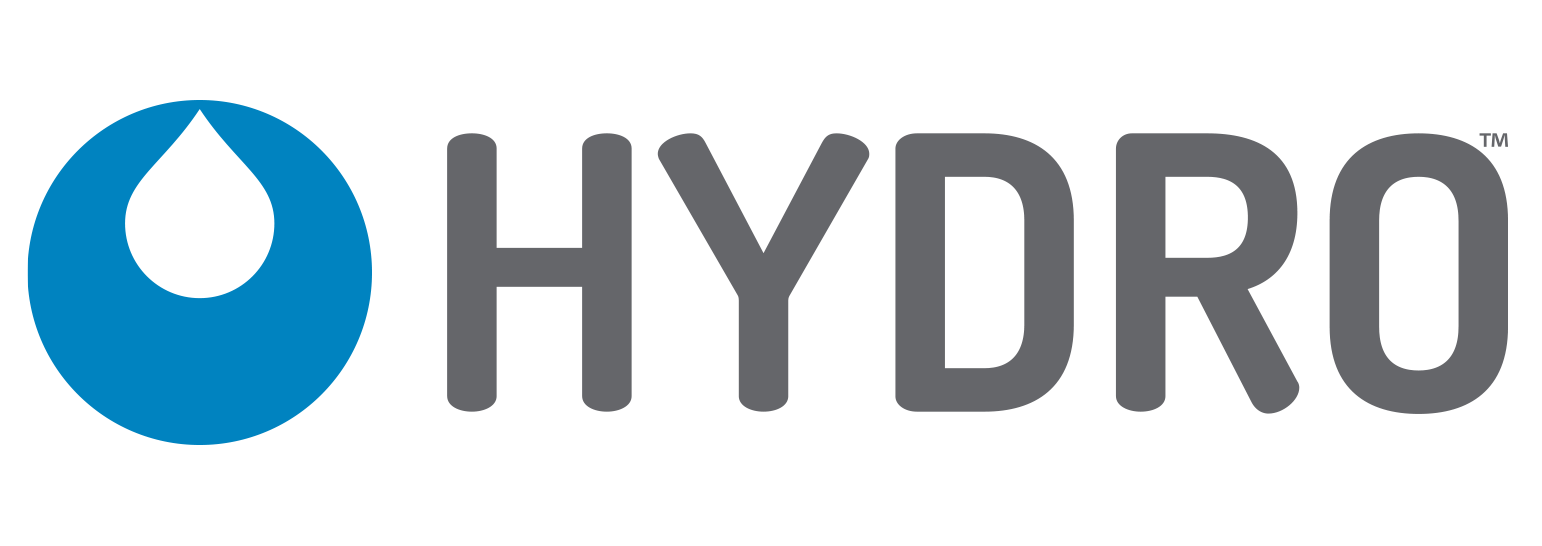Blog: Keeping Your Equipment Up and Running During an Outbreak or Pandemic

By: Scott Campbell, Global Product Manager, Hydro Systems
As COVID-19 continues to impact people around the globe, many businesses are taking this time to evaluate their cleaning, sanitizing and disinfecting procedures. Organizations everywhere are doing their part to “flatten the curve” as much as possible and stop the spread of illness-causing bacteria.
Maintaining Dispensers for General Facility Cleaning
While the cleaning industry plays a vital role in protecting public health, some of the facilities they serve like schools, restaurants, retailers and hotels have faced temporary closures. In anticipation of a cleaning and sanitizing boom, many facilities managers and janitorial personnel are taking this time to prepare for when they re-open.
Businesses deemed essential like hospitals, grocery stores and public transit are currently tasked with stepping up their facility cleaning and disinfection processes for surfaces and high-traffic areas. This results in higher levels of chemical use and greater dependence on accurate and reliable dispensers; therefore, it’s crucial to properly maintain dispensing equipment.
Adhering to a schedule of regular maintenance helps guarantee top system performance and limits the risk of lost productivity and expensive repairs. For example, filters and strainers should be regularly cleaned to prevent water line particles from entering the valve. Facility managers should also replace metering tips for accurate dilution ratios. Finally, if peristaltic pumps are being used, order replacement tubing for routine wear, and remember to check dosing parameters and recalibrate as needed.
Maintaining Laundry Dispensers
In hospitality and healthcare environments, it is important to clean linens at the proper temperature and with the right chemicals to remove dangerous pathogens. Right now, it’s more essential than ever that equipment is functioning at optimal performance to avoid downtime. Consider using a venturi-based, water-powered laundry dispenser that eliminates service and maintenance associated with squeeze tubes.
To further simplify dispensing, look for units that use technology to support predictive maintenance, provide remote monitoring, conduct automated adjustments and capture data on key performance indicators. When systems work seamlessly and are matched for the environment, this ensures dispensing precision and eliminates rewash.
Dealing with Outbreaks on the Farm
Farm is another essential industry, which needs to remain open to produce food at extremely high levels.
Thankfully, many farmers around the world have already experienced the impact of viruses and are well-prepared for greater demands on cleanliness. Whether African Swine Flu (ASF) or avian flu, farmers have taken proactive measures for many years to keep animals safe. For example, farmers use foaming and spraying solutions to clean barns and equipment.
As swine and poultry farmers are asked to keep producing animals, it’s essential that equipment is functioning at optimal performance to avoid downtime and disease. For instance, water-drive pumps (WDPs) are used to clean out water lines and kill illness-causing bacteria to support animal health. To maintain accuracy, dosage pistons or gaskets need to be changed out every three to four months with heavy usage, or every six to 12 months with moderate usage. Check valves in the lower ends of WDPs should also be changed out regularly, especially when water soluble chemical products are used. Lastly, when motor pistons stop working, the pump fails to pull chemical, vaccinations, organic acids, etc. Routine maintenance or complete replacement keeps equipment working properly.
In addition to WDPs, many farms use venturi technologies to foam or spray, disinfect trucks that enter the farm, or for line cleaning. Venturi technology needs to be properly maintained. For example, the strainer washer or filter on the inlet water line needs to be routinely cleaned or replaced to ensure peak performance. On a farm where water conditions are traditionally a challenge, the strainer washer or filter should be changed quarterly. If the chemical inlet filter is not routinely replaced or cleaned, it could lead to debris in the chemical pick-up line, resulting in a clogged venturi tip and less optimal dosing. The chemical inlet filter should be cleaned each time a new chemical container is used and replaced each year.
Help Your Equipment Go the Distance
To help keep your equipment functioning properly, consider the following best practices:
Learn about your product. By educating yourself about the equipment you’re using, you can find out how to maintain the equipment properly and minimize wear and tear. You can also learn about what parts are most likely to need replacement after frequent use. Consult equipment manuals, product websites and your dispenser manufacturer to learn more about the proper maintenance procedures for your equipment.
Pay attention to what your equipment tells you. While every organization should have a maintenance schedule in place, it’s possible that dispensers may need maintenance earlier than expected, especially if they’re being used more than usual. Pay close attention to your dispensers and WDPs, and when you notice that something is off, schedule maintenance right away. If you’re unsure about the status of your equipment, our team can offer advice on what/when parts need maintenance.
Don’t ignore repairs. If you know something is broken and needs to be replaced, don’t wait to fix the problem. For example, some parts require frequent replacement the more they are used. Dilution tips may be clogged and eductor-based equipment stops pulling chemical. To simplify repairs and get equipment operating again, replacement parts are offered that can be installed by the user, farmers, distributors or chemical companies.
Maintaining Healthier Environments
Outbreaks and global pandemics occur without warning. Thus, properly maintaining equipment is essential year-round to ensure equipment is ready for increased use. As industries ramp up cleaning and disinfection, and the use of dispensers, it will be important that this equipment is also adequately maintained and repaired as needed.

Customer Service and Technical Support
Call 1-800-543-7184 Monday-Friday 8am - 5pm EST











